Videos and Animation
The videos and animations below are an array of military work and personal experimentation of production techniques.
The list of video are titled below along with my role in the project.
Home Sweet Home – Creator
Army 250th – Editor and Narrator
The Cove – Narrator, Videographer, and Editor
Stop Motion Test – Creator
Warning – Creator
Gomes – Videographer and Editor
102nd Army Band Holiday Concert – Journalist
Photography
The images below showcase highlights from a range of my projects. These include military assignments — such as COVID-19 response efforts on the Navajo Nation, medical garment production during the pandemic, Best Warrior Competition ruck marches, and operations involving a UH-60 Blackhawk helicopter — as well as firefighter training, a wedding, and artwork exhibited at the American Art Gallery.
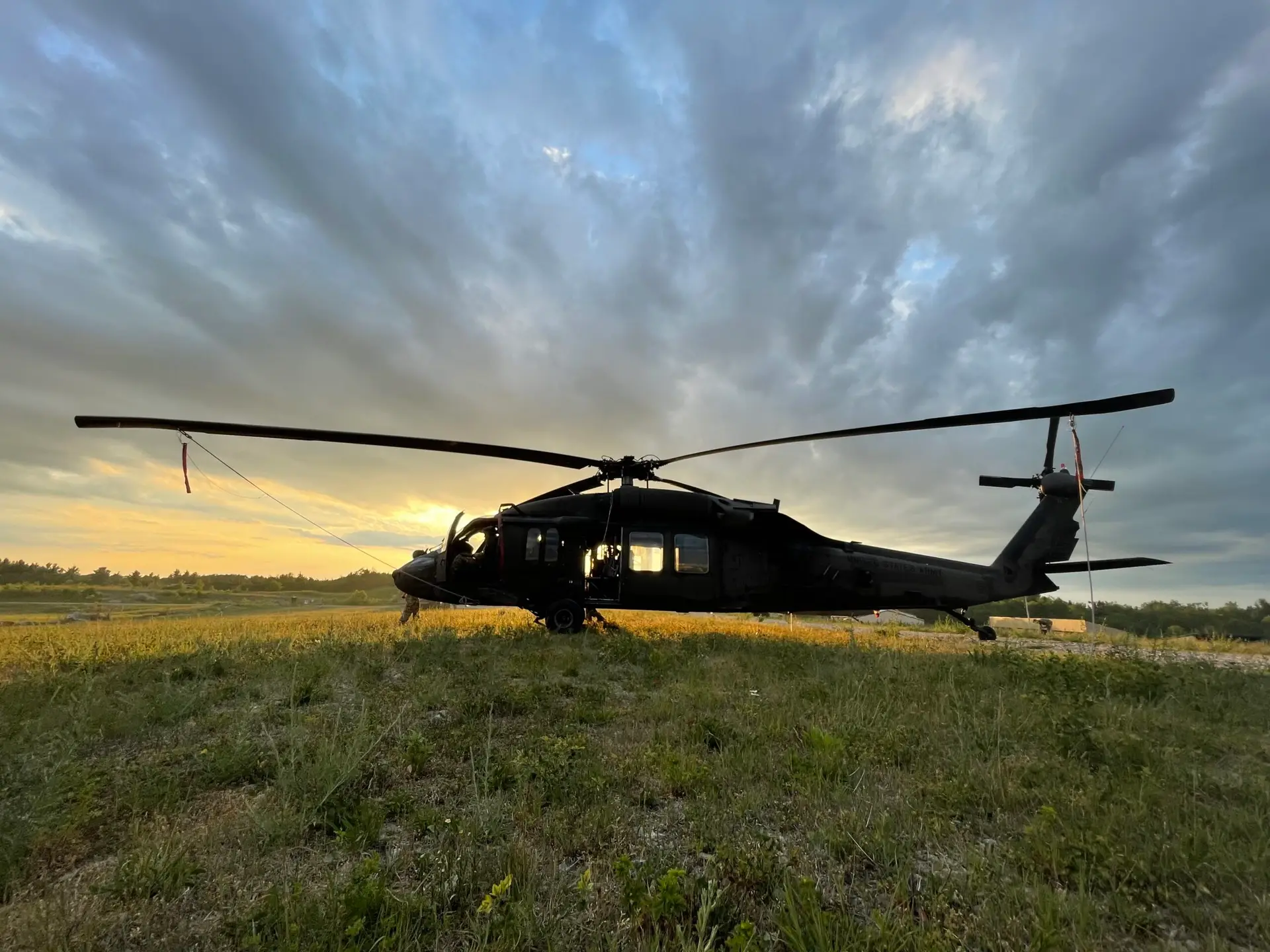
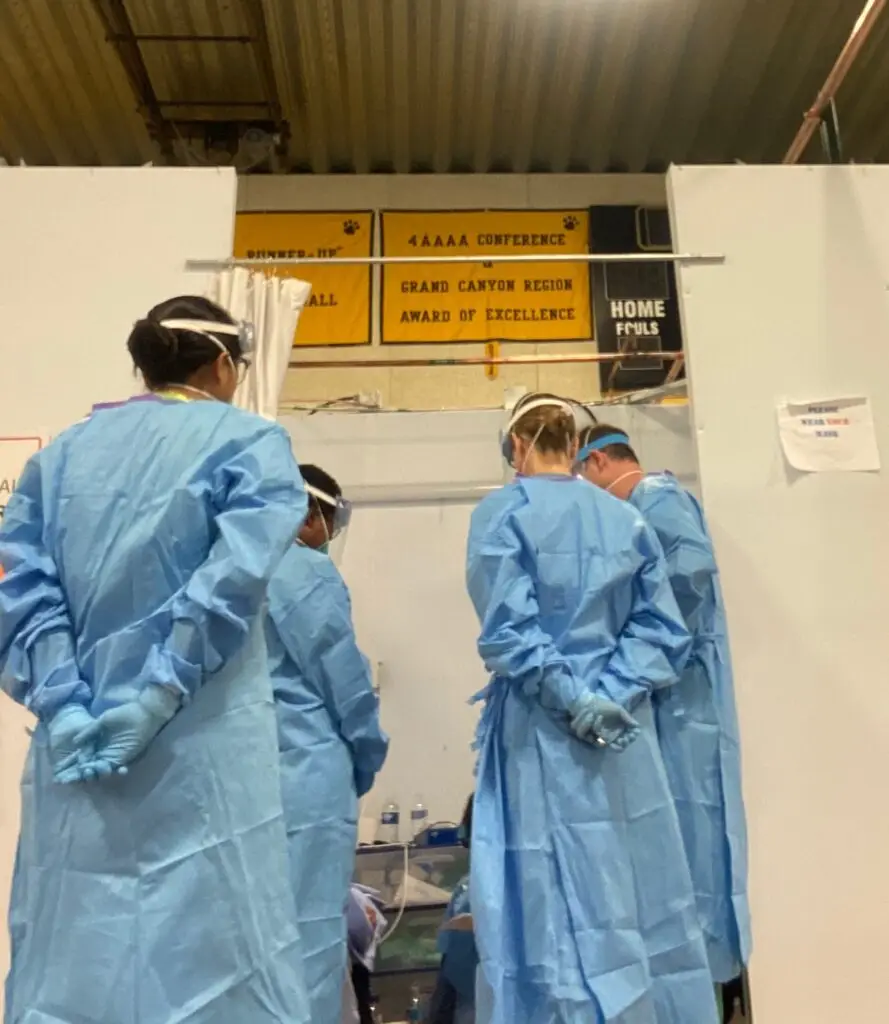


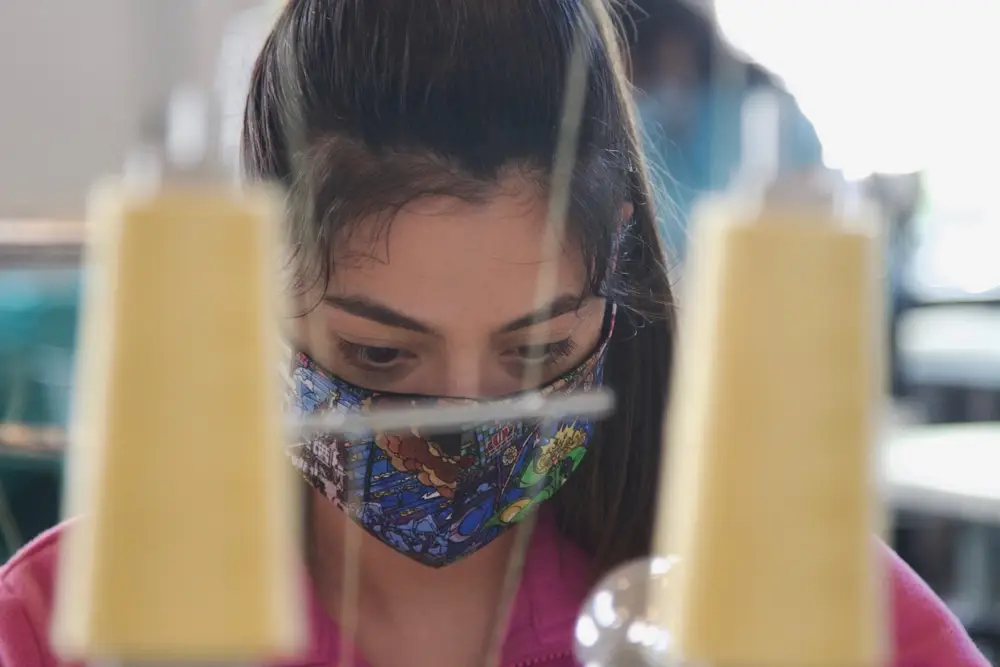
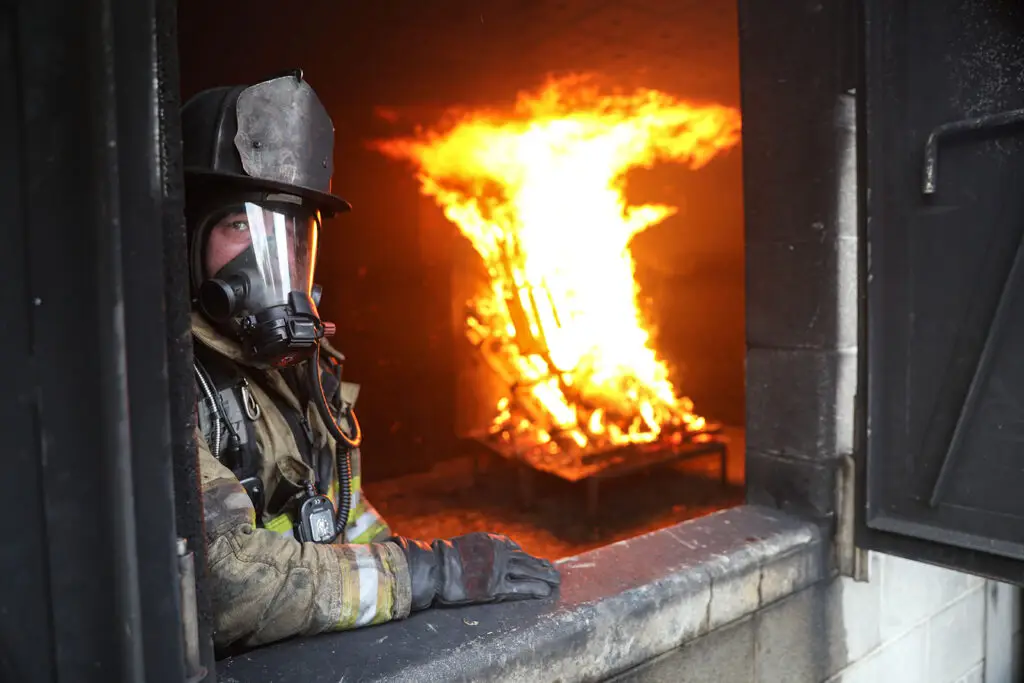
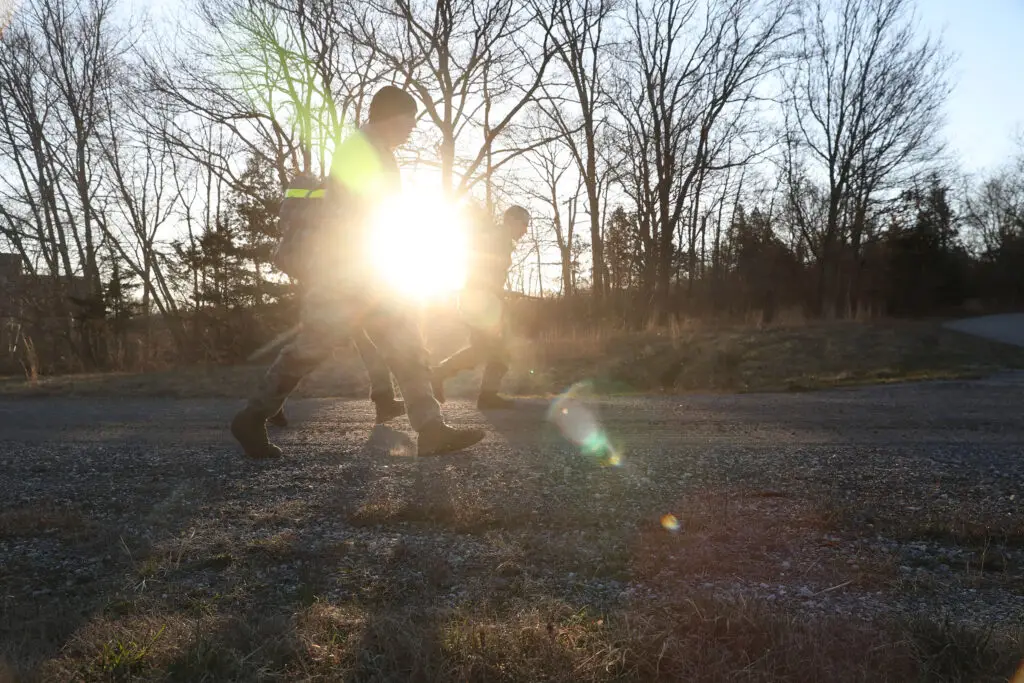
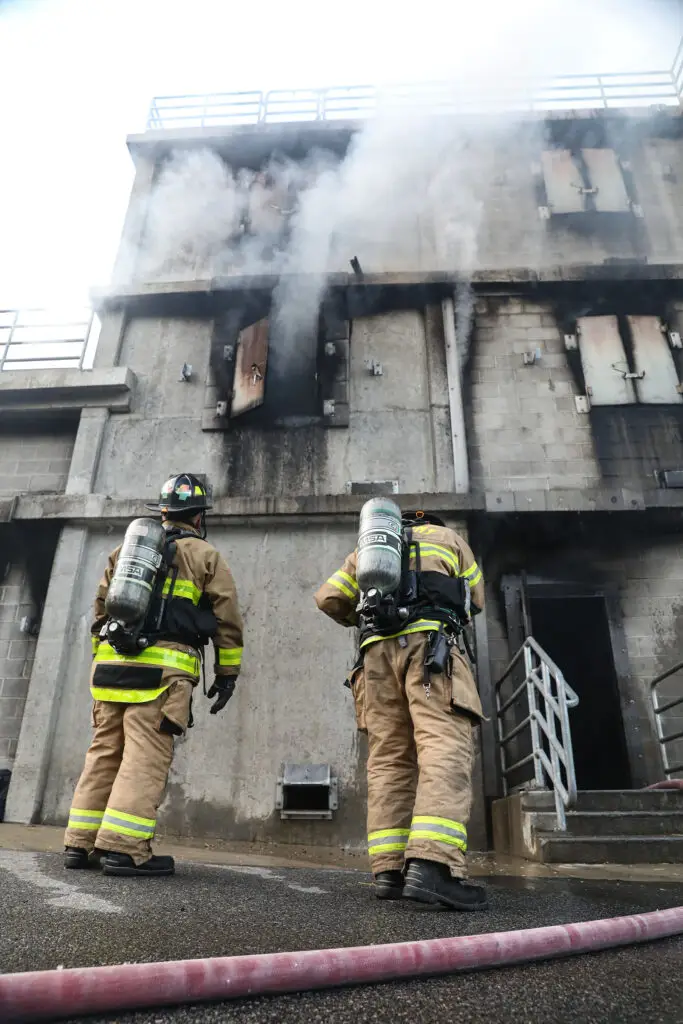
Writing Samples
CONNECTICUT, UNITED STATES
11.08.2023
Story by Staff Sgt. John Randall
130th Public Affairs Detachment
WATERBURY, Conn. (Nov. 8, 2023) – Honor is one of the core values of the Army, and it is the foundation of what makes up the commitment of the funeral honors team in the Connecticut National Guard.
“After being on the team for a while,” says Army Spc. Malik Goethe, member of the Connecticut Honor Guard, “I really found the honor in this job and just the respect for the family and the deceased.”
Soldiers conducting the honors go through hours of training. “Level one training is a 40-hour course,” says Sfc. Anthony Ricco, Operations NCO for the Connecticut Honor Guard, “Instructors go onto another 80-hour train the trainer course.”
“There’s a lot more honor behind doing everything that we do,” says Sgt. Alex Rivera, member of the Connecticut Honor Guard, “Behind the ceremonies, behind the practices, behind the preparation of the uniform.”
“We do a lot of training,” Goethe says, “We train multiple times a week, if we have down time we’re conducting training; folding flags, conducting funerals, and just practicing all the time.”
‘Everyday there’s training,” says Rivera, “Folding the flag, seeing where we’re going to stand, hand placements, eye contact, small subtle movements that we can communicate with each other during the ceremony others might not notice.”
Funeral honors consist of firing parties, the playing of taps, the folding of the flag, and presentation of the flag to the family.
Last year the team conducted 1,531 funerals, and assisted with 2,885 firing parties. The firing parties consists of the volunteers with veterans organizations like the American Legion and Marine Corps League. In Connecticut, all veterans receive a firing party.
“We really do this for the family,” says Goethe, “We don’t wear name tapes specifically because it’s not for us; it’s for the family.”
“I say it’s something to be proud of,” says Rivera, “It’s not everybody that gets to do something so beautiful for other people. When you finally get to do the service, when you hand the flag over to the person and you look in their eyes and you tell them how much it is appreciated that their loved one served, it really does get to your heart.”
PHOENIX, ARIZONA, UNITED STATES
10.20.2019
Story by Spc. John Randall
123rd Mobile Public Affairs Detachment
Practices in the hot, sticky, North Carolina summer last six hours a day on the turf practice field, making conditions that much more grueling. Sweat flows, feet hurt and the heat will only intensify as the athletes prepare for their upcoming tournament.
San Antonio native Spc. Samantha Coleman, a motor transport operator with the 2220th Transportation Company in Tucson, Arizona, is one of the athletes on the All-Army Women’s Rugby Team.
Coleman bounced around schools playing basketball and learning mixed martial arts, and she began playing rugby about a year ago. While she was playing with her team in Tucson, she learned about the All-Army Women’s Team.
“I’ve only been playing like, less than a year,” Coleman said. “You never know unless you try.”
With encouragement from her teammates, she decided to go through the competitive application process.
She made the team that consisted of officers and non-commissioned officers. She had a feeling that she wasn’t good enough to be with these leaders.
“I don’t deserve to be here,” Coleman said. “I’m so outclassed. But, it’s like, you know what? The worst they can do is say no.”
1st Lt. Kasey McCravey, Captain All-Army Women’s Rugby Team and member of the US Women’s National Rugby Team, attributes Coleman’s success to her desire to learn.
“She has an ability to take information and apply it immediately,” McCravey said. “She would do the extras and she was a positive light to the team.”
“You may feel like you’re just a regular specialist, or whatever you may be,” said Coleman. “But the work you do matters.”
Making the team was just the beginning. She and the team had to endure a summertime training camp in North Carolina.
“That training camp is honestly the highlight of my life,” Coleman said. “Because everyone’s on the same page and trying to get better and grow.”
“She came in having defensive strength and she was weaker on her passing,” said McCravey. “She stayed longer with the coaches and other players and improved her passing skills.”
The team’s hard work was in preparation for the Armed Forces Sports first ever Women’s Rugby Championship in Wilmington, North Carolina on July 5 and 6.
The tournament comprises all military branches playing each other over the two-day event.
Army dominated the competition going undefeated in the tournament. The victory garnered an invitation to the Cape Fear Tournament on July 6-7 where Army faced tougher competition and placed third.
“The whole concept about rugby is community and family,” said Coleman. “More so than any other sport I’ve been a part in.”
Coleman’s rugby team is family, just like being in the Army.
“If you’re having a moment of weakness, or whatever,” Coleman said. “You’re just like, we’re in this together, embrace the suck.”
Coleman plans to continue playing rugby for the Army. Upon completion of her degree she wants to get commissioned as an intelligence officer.
“The Army has let me pursue a lot of my passions,” said Coleman. “That’s a real family. They would do anything for you, because you would do anything for them.”
The self-doubt Coleman felt when she first joined the team has given her a better sense of worth.
“Don’t count yourself out before you even try,” Coleman said. “Don’t let other people make you small.”
Mashantucket Pequot Tribal Nation Awarded $2 Million
The $2 million award from USDA Natural Resources Conservation Service is for Infrastructual Conservation Improvements
The Mashantucket Pequot Tribal Nation (MPTN) is honored to announce it has been awarded $2 million from the USDA Natural Resources Conservation Service (NRCS). The Alternative Funding Agreement (AFA) will be used for conservation and climate smart practices at the Tribe’s Meechooôk Farm and represents an important milestone in USDA’s continued partnership with the Mashantucket Pequot Tribal Nation.
The signing ceremony for this agreement took place on Tuesday, July 30 at the 2024 Indigenous Foodways Summit, happening this week at the Mashantucket Pequot Museum and Research Center. Chairman Rodney Butler and Thomas L. Morgart, State Conservationist, signed the AFA Statement of Work and Agreement Form.
“This new agreement marks a significant step forward in our mission to protect and preserve our natural resources for future generations,” said Chairman Butler. “This funding not only strengthens our commitment to sustainable agriculture and environmental stewardship at the Meechooôk Farm, but also reinforces the importance of our partnership with the USDA. Together, we are ensuring a healthier, more resilient environment for our community and beyond.”
The services and resources provided by this AFA will support initiatives including improvements to air quality and a reduction in greenhouse gases; improvements in soil and water quality; a focus on plant productivity and health; and increased infrastructure support for current and future livestock production, among other projects.
Through the Environmental Quality Incentives Program (EQIP), NRCS provides financial and technical assistance to eligible agricultural and nonindustrial private forest land producers to implement conservation practices and activities. The program promotes agricultural production, forest management, and environmental quality as compatible goals and seeks to optimize environmental benefits.